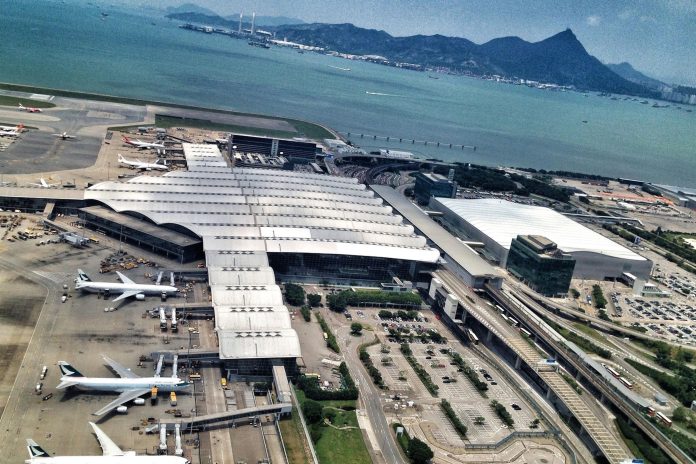Hong Kong will tighten travel and quarantine requirements for several countries, including Singapore, Malaysia and Japan, starting from Friday (21 May).
The three countries, along with Argentina, Italy, Kenya and the Netherlands, have been classified as high-risk places, announced the Hong Kong government recently.
Non-Hong Kong residents who have stayed in these places will not be allowed to enter the city.
According to the city’s guidelines, travellers who have been in these high-risk places 14 days before entering Hong Kong will have to present a negative result from a nucleic acid Covid-19 test conducted within 72 hours before departure.
They must also produce confirmation of a room reservation in a designated quarantine hotel in Hong Kong, and be subject to a ‘test-and-hold’ arrangement at the airport.
Upon confirmation of a negative test result, they will be required to board the designated transport arranged by the government to proceed to quarantine.
Travellers arriving from these places who are have not been fully vaccinated will need to quarantine for 21 days at designated hotels and are subject to four Covid-19 tests during this period.
Those who are fully vaccinated will have a shorter 14-day quarantine, with three tests during this period. They will also need to self-monitor for seven days, as well as get compulsory tests on the 16th and 19th day following arrival in Hong Kong.
Singapore was originally classified as a low-risk country, allowing travellers to Hong Kong to quarantine for seven days in a designated hotel with two Covid-19 tests.
Unfortunately, due to an increasing number of confirmed Covid-19 cases within the SEA region, the much anticipated travel bubble has been postponed once more.
Hong Kong also tightened restrictions on Taiwan arrivals due to the rise in cases there, the South China Morning Post reported over the weekend.
“The government will continue to closely monitor the epidemic situation of various places, the prevalence of new virus variants, vaccination progress, and changes in the volume of cross-boundary passenger traffic,” the Hong Kong government said in a press release.




















